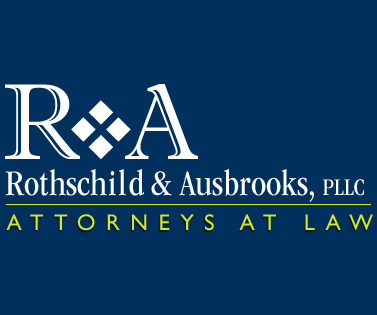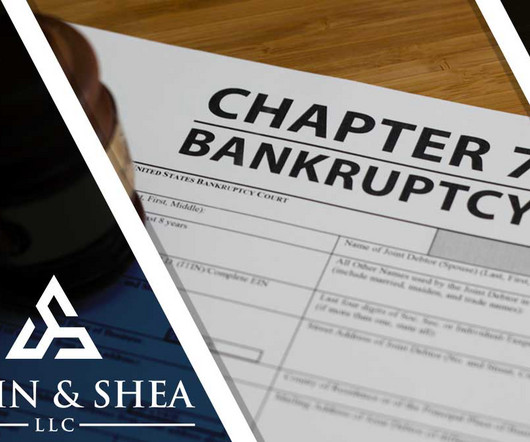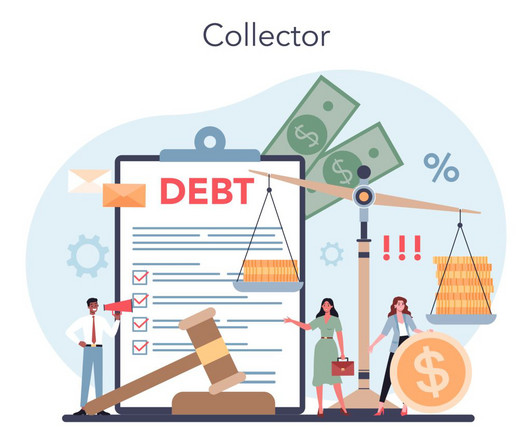5 questions to ask before filing for bankruptcy
Roths Child Law
JULY 12, 2023
What is liquidation bankruptcy? Liquidation bankruptcy is another name for Chapter 7 bankruptcy. What this means is that people who file for Chapter 7 bankruptcy may have their assets liquidated to appease creditors. However, only non-exempt assets are liquidated and this process rarely happens.













Let's personalize your content